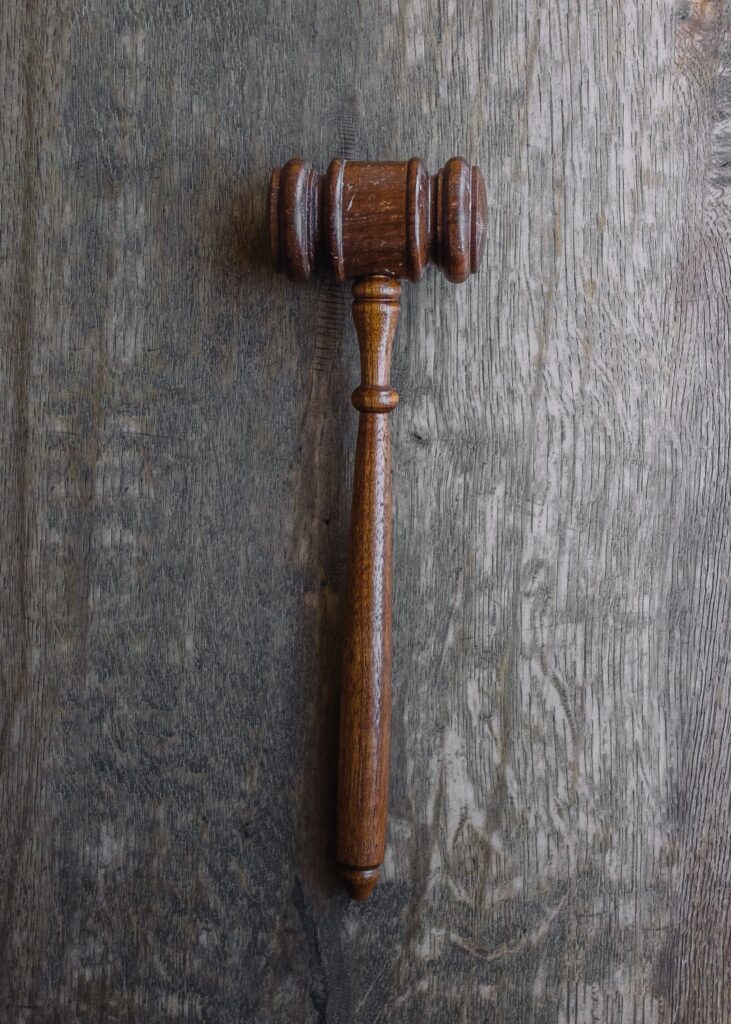Receiving probation instead of serving time in prison can feel like winning the lottery for individuals facing criminal charges. In South Carolina, as in many other places, the primary goal for those accused of a crime is to avoid spending extended periods behind bars. While probation offers an alternative to incarceration, it is essential to understand that the rules governing probation are strict, and the consequences for violating probation can be severe. This article delves into the intricacies of probation in South Carolina, including the rules one must follow, the potential violations, and the consequences of non-compliance.
Understanding Probation in South Carolina
Probation is a form of court-ordered supervision offered as an alternative to imprisonment. Individuals granted probation are expected to adhere to specific terms and conditions outlined by the court. These terms may vary depending on the nature and severity of the crime committed. To navigate probation successfully, it is crucial to be aware of and strictly follow all the rules established for your particular case.
The Strict Monitoring of Probation
When placed on probation in South Carolina, individuals are subjected to close monitoring. Probation officers closely supervise those on probation to ensure they comply with the court’s directives. Any deviation from the established terms can result in serious consequences, potentially leading to imprisonment—a situation that many individuals sought to avoid when opting for probation.
Violation of Probation: Rules and Consequences
Probation violations can occur for various reasons, and the consequences vary based on the specifics of the case. Violations can be categorized into two main types:
Failure to Comply with Probation Terms:
Probation terms typically include requirements such as regular check-ins, payment of fees, community service, and other conditions relevant to the case. Failing to meet these obligations can result in a probation violation.
Committing New Crimes:
Committing new offenses while on probation, irrespective of their connection to the original crime, is considered a violation of probation.
The consequences of probation violations can be severe. These consequences may be administered either administratively by the probation officer or through a court hearing. It is crucial to maintain compliance to avoid the potentially life-altering repercussions of a probation violation.
What Happens When You Violate Probation?
When a violation occurs, the path forward can take various routes, depending on the circumstances and severity of the violation. Here’s what you can expect:
Administrative Handling:
Less serious violations may be handled administratively by the probation officer, leading to measures such as increased supervision or additional requirements.
Court Hearing:
In cases where a violation cannot be resolved administratively, individuals may be summoned to General Sessions court for a hearing. Failing to appear for the hearing can result in a bench warrant, which has no expiration date, ultimately requiring an appearance in court.
At a probation violation hearing, the individual on probation is asked to admit or deny the violation. The attorney representing the accused can contest the violation and present evidence to support their arguments. In some cases, “evidence in mitigation” may be presented to explain why the violation occurred, demonstrating that the individual was not entirely at fault.
The judge presiding over the hearing will evaluate the evidence presented and decide on the appropriate course of action. Potential outcomes include the dismissal of the violation, imprisonment for a specific period followed by the continuation of probation, or the revocation of probation, leading to imprisonment for the remainder of the sentence.
Additionally, if imprisonment is ordered, it is likely that the individual will be taken into custody immediately, although some judges may choose to delay reporting time based on specific circumstances.
Frequently Asked Questions About SC Probation Violations
To shed further light on probation violations in South Carolina, here are answers to some commonly asked questions:
Can you post bail for a probation violation?
Yes, individuals arrested for a probation violation can post bail and be released until their hearing. The bail amount is determined during a bail hearing.
Can I be extradited because of a probation violation?
Yes, those accused of violating probation may be extradited, and this could incur charges to cover the cost of extradition.
Will a probation violation affect employment?
The impact on employment varies depending on the job. If an employer has policies regarding criminal convictions, employment may be at risk. Additionally, sentencing to jail due to a probation violation may lead to termination due to extended absence from work.
Does failing a drug test violate probation?
Yes, testing positive for drugs, alcohol, or both constitutes a probation violation.
Are probation violations public record?
Yes, violations become part of an individual’s public record and are reported in background checks, unless the violation is expunged.
Can charges prior to probation result in a violation?
While previous charges before probation do not inherently constitute a violation, judges may consider them when determining sentencing, potentially increasing the risk of imprisonment for those charges.
How many probation violations can you have?
There is no fixed number of probation violations before going to jail. The seriousness of the violations determines the consequences, allowing for multiple violations while remaining on probation or a single serious offense leading to jail time.
Is jail mandatory for probation violation?
Whether jail time is mandated for a probation violation is at the discretion of the judge. The decision is influenced by various factors, including the severity of the offense and the judge’s attitude toward probation violations.
What does it mean if my credits are denied after a probation violation?
A potential consequence of a probation violation is the denial of credits earned during probation, resulting in the loss of credit for successfully served time.
Is a probation violation a felony or misdemeanor?
The classification of a probation violation as a felony or misdemeanor depends on the specific violation’s severity.
Understanding the Complexities of Probation in South Carolina
Navigating probation in South Carolina involves adhering to strict rules and facing potentially severe consequences for violating the terms. Understanding the specifics of your probation terms and following them diligently is vital to ensure a successful probationary period. It’s advisable to seek legal counsel from experienced defense attorneys, such as a skilled criminal defense attorney, to provide guidance and representation during probation violation hearings. Their expertise can significantly impact the outcome of your case. Remember that failing to abide by the conditions of your probation can lead to the court’s decision to revoke your probation, emphasizing the importance of compliance throughout your probationary period.


